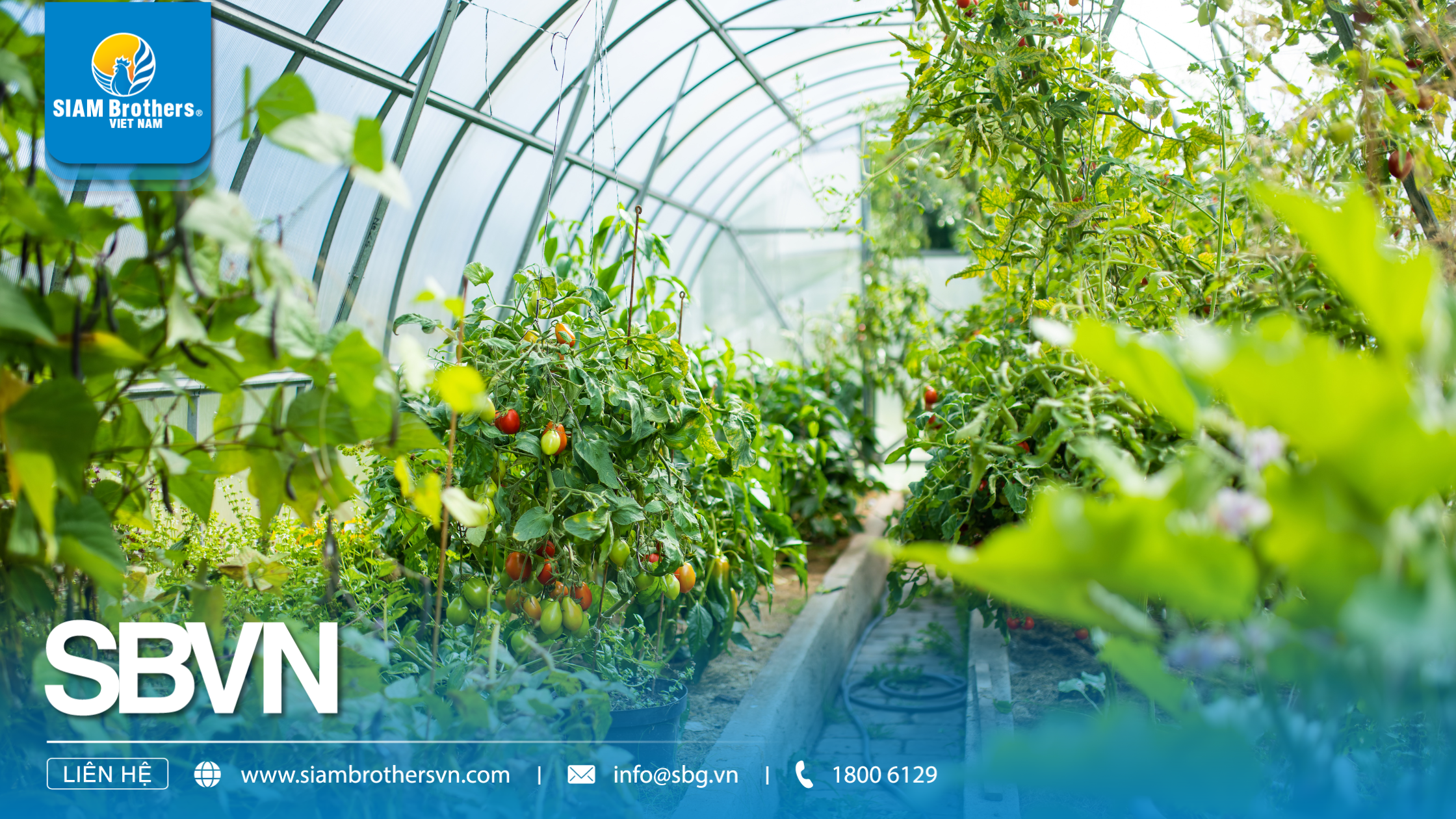Trellis rope is not only a familiar tool in vegetable gardening but also a factor that determines the durability and productivity of the entire garden. On today’s market, PP rope, PE rope, and nylon rope are the three most common choices, each with its own pros and cons that often leave growers uncertain. So, which option is truly optimal for home gardens or commercial farms? In this article, SIAM Brothers Vietnam provides a detailed comparison of each type of trellis rope in terms of durability, weather resistance, and cost, helping you select the most suitable solution.
1. Overview of Trellis Rope
Trellis rope is a specialized rope used to create support frames for climbing plants such as gourds, squash, loofah, cucumbers, bougainvillea, and melons. The most common materials include: PP (Polypropylene), PE (Polyethylene), and nylon, each offering different levels of strength and durability. Beyond household gardens, trellis rope also plays a vital role in modern agricultural farms, supporting vertical plant growth, optimizing space, and increasing yields.
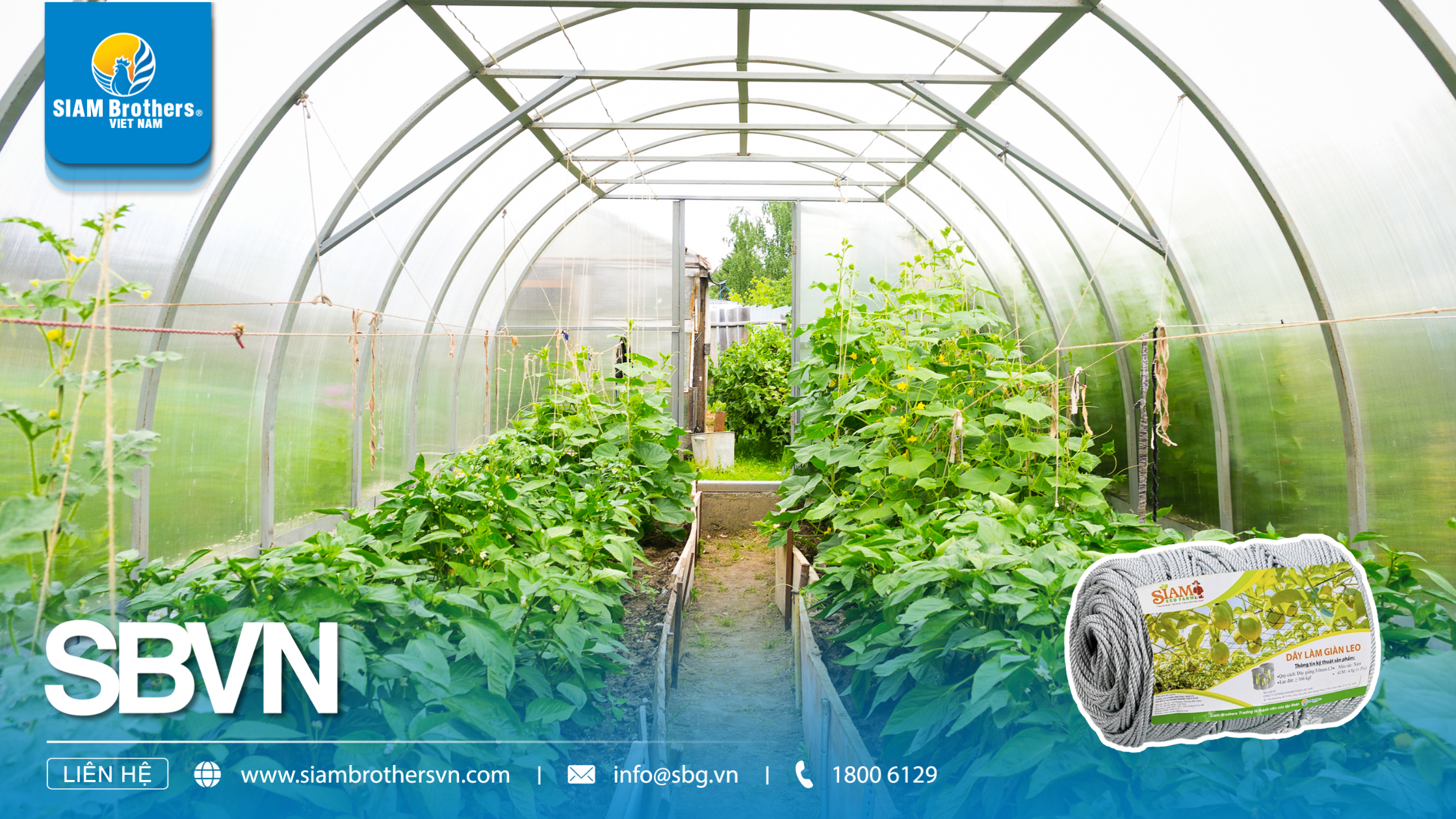
1.1 Key Features of Trellis Rope
- Flexibility: Easy to tie, secure, and adjust when needed.
- High durability: Many types are designed with UV resistance, ideal for outdoor conditions.
- Safe for plants: Gentle on stems, allowing vines to climb securely without damage.
- Versatile applications: Suitable for vegetables, flowering vines, and even hydroponic trellis systems.
1.2 Role in Agriculture & Daily Life
- Boosts farming efficiency: Strong trellises ensure plants receive sufficient sunlight and ventilation.
- Extends lifespan of both plants and trellis: Reduces structural failures and replacement costs.
- Adaptable to all scales: From small home gardens to commercial farming operations.
2. Why Choosing the Right Trellis Rope Matters
2.1 Direct Impact on Plant Growth
- A quality trellis rope helps plants climb firmly, grow vertically, absorb light evenly, and enjoy better airflow.
- The wrong rope may cause trellises to collapse, break plant stems, or reduce harvest yield.
2.2 Cost & Labor Optimization
- Durable, strong ropes minimize replacement frequency, saving costs throughout the growing season.
- For large-scale farms, investing in high-quality trellis ropes also reduces labor and maintenance time
2.3 Weather Resistance & Longevity
- Low-quality ropes can quickly degrade, becoming brittle under strong sunlight or heavy rain.
- In contrast, trellis ropes made from PP or PE fibers are UV-resistant and water-repellent, making them highly suitable for Vietnam’s outdoor climate.
2.4 Meeting Diverse Needs from Homes to Farms
- For home gardens: Lightweight, cost-effective ropes are often sufficient.
- For commercial farms: Stronger ropes with high load-bearing capacity are essential to maintain trellis stability over long periods.
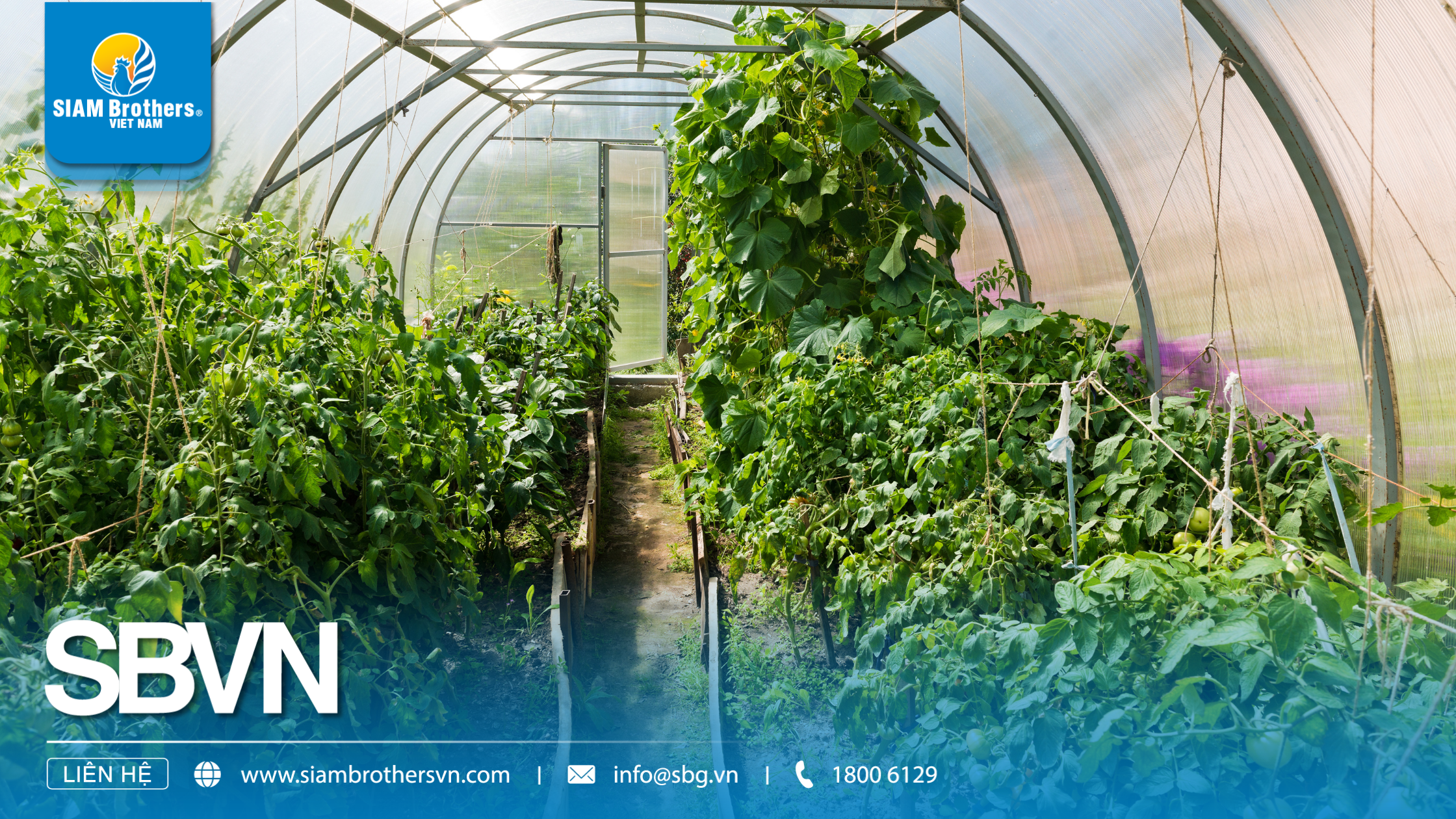
3. Popular Types of Trellis Ropes Today
3.1 PP Trellis Rope (Polypropylene)
Advantages:
Limitations:
- Without UV additives, it becomes brittle when exposed to direct sunlight for long periods.
- Applications: Ideal for home gardens or medium-sized trellises.
3.2 PE Trellis Rope (Polyethylene)
Advantages:
- High flexibility, superior tensile strength and abrasion resistance compared to PP.
- Excellent UV resistance and outdoor weather durability.
- Longer service life, helping reduce replacement costs.
Limitations:
- Higher price compared to PP and nylon ropes.
- Applications: Best suited for commercial farms or large-scale trellis systems requiring long-term durability.
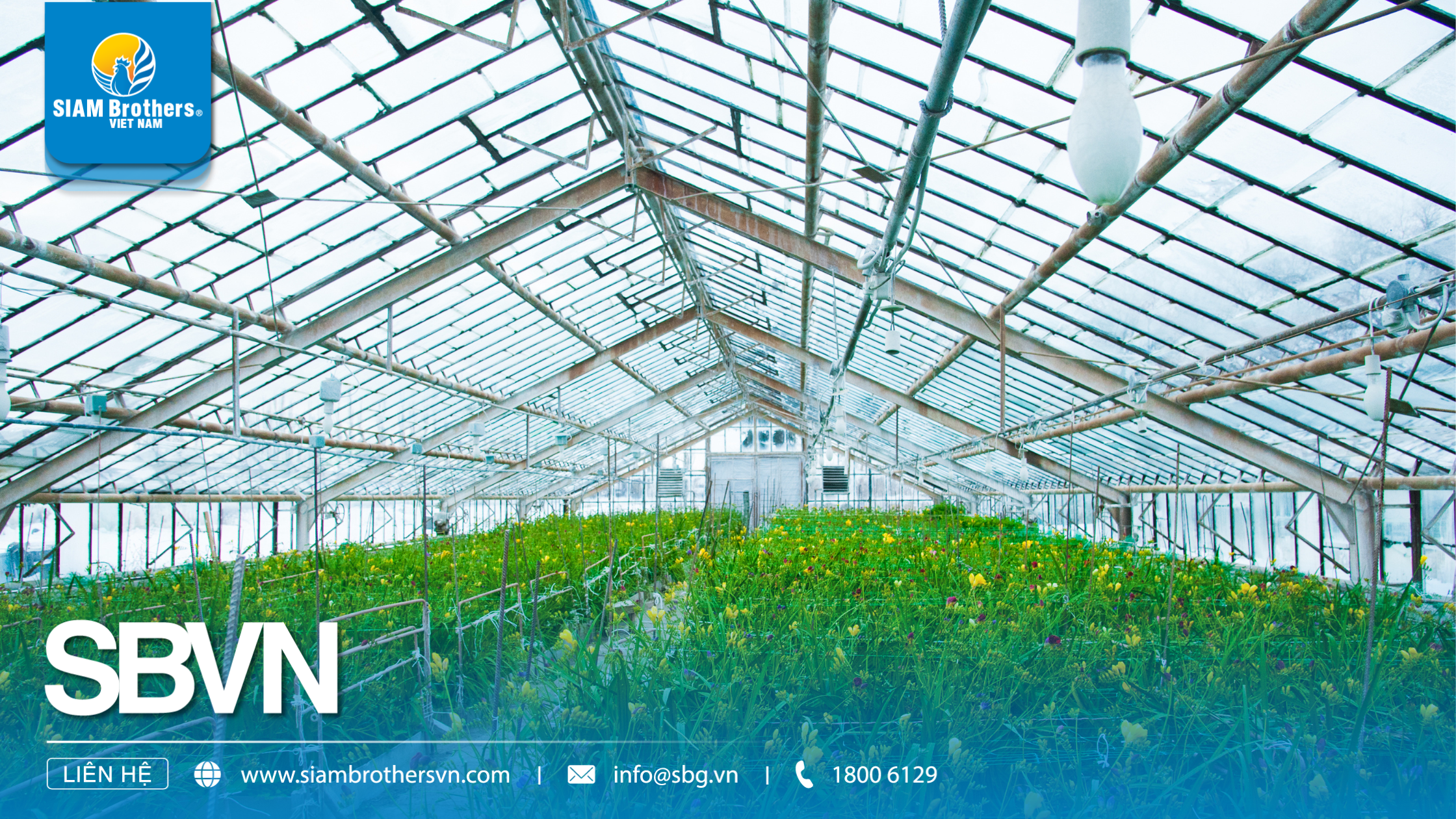
3.3 Nylon Trellis Rope
Advantages:
- Widely available in most agricultural supply stores.
- Affordable, convenient, and flexible for temporary use.
Limitations:
- Degrades quickly under sun and rain, easily breaking when supporting heavy crops.
- Not suitable for long-term trellis systems or crops with heavy loads.
- Applications: Often used for small trellises, short-term setups, or household gardening.
4. Detailed Comparison of Trellis Ropes: PP, PE, and Nylon
| Trellis Rope Type |
Key Features |
Advantages |
Limitations Suitable |
Applications |
| PP Trellis Rope (Polypropylene) |
Lightweight, smooth texture, moderate tensile strength |
Affordable, moisture-resistant, easy handling |
Less durable than PE, becomes brittle under sunlight |
Home gardens, small trellises |
| PE Trellis Rope (Polyethylene) |
Strong construction, UV resistant, high tensile strength |
Long lifespan, withstands harsh weather, plant-safe |
Higher cost than PP, may feel stiff initially |
Large-scale farms, long-lasting trellises |
| Nylon Trellis Rope |
Elastic, strong grip, high flexibility |
Easy to tie, strong load capacity, versatile durability |
Higher cost, absorbs moisture easily |
Heavy climbing plants (gourd, squash, chayote, etc.) |
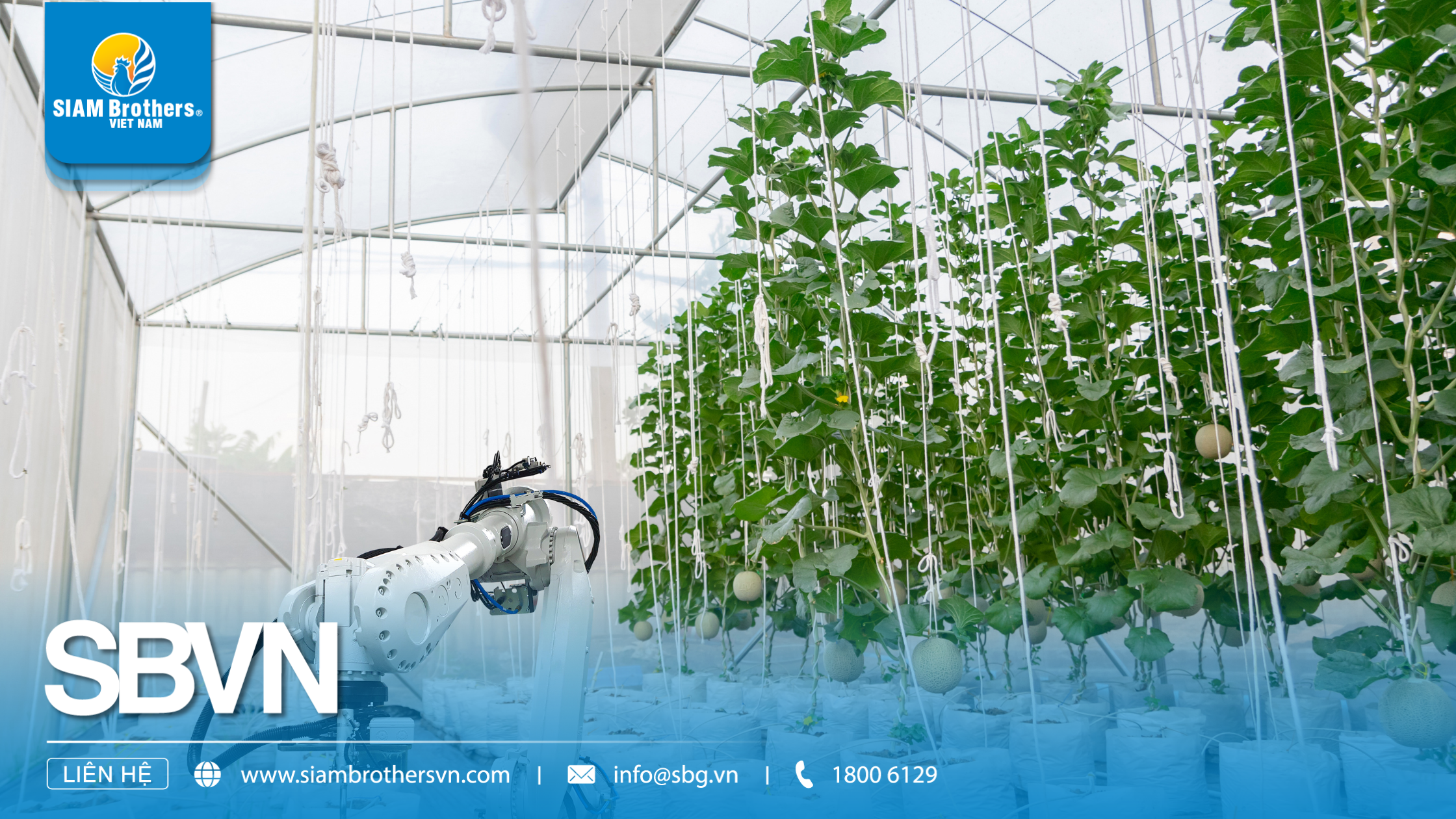
5. FAQs – Frequently Asked Questions about Trellis Ropes
5.1 What is a trellis rope and where is it commonly used?
- A trellis rope is a specialized rope used to build trellis systems for climbing plants such as gourds, cucumbers, loofah, beans, etc.
- It is widely applied in agriculture, especially in clean vegetable farming and industrial climbing crop production.
- Some types are also used in fisheries or as multipurpose binding ropes due to their durability.
5.2 Should I choose PP, PE, or Nylon trellis ropes?
- PP Trellis Rope: Moderate rigidity, strong tensile capacity, affordable → suitable for medium to large-scale farms.
- PE Trellis Rope: Flexible, high elasticity, strong UV resistance → suitable for long-term outdoor use under harsh sunlight.
- Nylon Rope: Cheap and easy to find, but less durable and prone to stretching with extended use.
5.3 Can trellis ropes be reused multiple times?
- Yes. Some PP and PE trellis ropes are highly durable, weather-resistant, and reusable for multiple growing seasons.
- Nylon ropes, however, usually last only 1–2 seasons due to brittleness and damage under harsh weather.
5.4 How to identify high-quality trellis ropes?
- Smooth surface without fraying fibers.
- Good flexibility and elasticity, not breaking easily under tension.
- Strong UV and moisture resistance.
- Always purchase from reputable manufacturers such as SIAM Brothers Vietnam to ensure durability and product quality.
5.5 How much do trellis ropes cost?
- The price of trellis ropes depends on the material (PP, PE, nylon), thickness, and roll length.
- PE and PP ropes usually cost more than nylon due to their superior durability.
- For detailed consultation and accurate quotations, please contact SIAM Brothers Vietnam directly.
5.6 Where to buy reliable trellis ropes?
- Users should always choose certified manufacturers and distributors to guarantee quality.
- SIAM Brothers Vietnam is a long-standing brand in producing and supplying ropes, trellis ropes, HDPE buoys, HDPE plastics, and more. With proven durability, our products are trusted by both farms and households.
Trellis ropes play an essential role in supporting and maximizing crop productivity. Each type—PP, PE, or Nylon—comes with its own strengths and limitations, serving different needs. If long-term durability and load capacity are your top priorities, PP and PE ropes are ideal choices. Nylon ropes, meanwhile, are more suited for short-term, cost-saving setups. To ensure efficiency, always balance quality with actual usage value. Discover premium trellis ropes at SIAM Brothers Vietnam today for the most reliable agricultural solutions!
Source: SIAM Brothers Vietnam
Contact us:
► Address: 5th floor, VRG Building, 177 Hai Ba Trung Street., Xuan Hoa Ward, Ho Chi Minh City, Vietnam
► Hotline: 1800 6129
► Tel: (+84) 28 38 912 889
► Email: info@sbg.vn
► Follow us for more details at: Facebook - Zalo OA - Tiktok - Youtube - LinkedIn
Download SBVN ID app here:
► CHPlay
► Appstore





